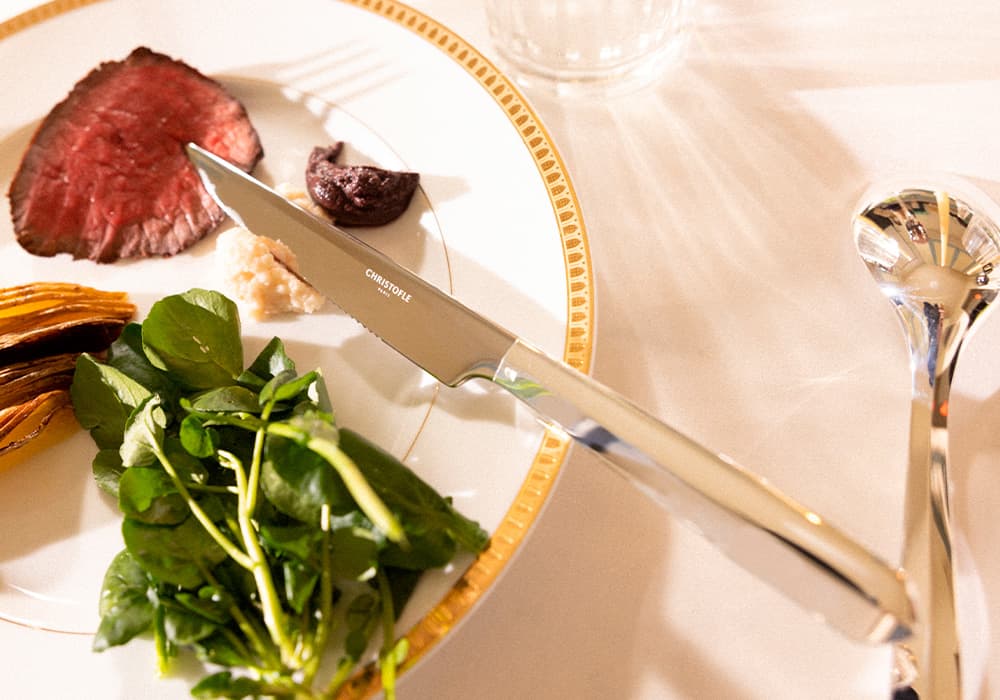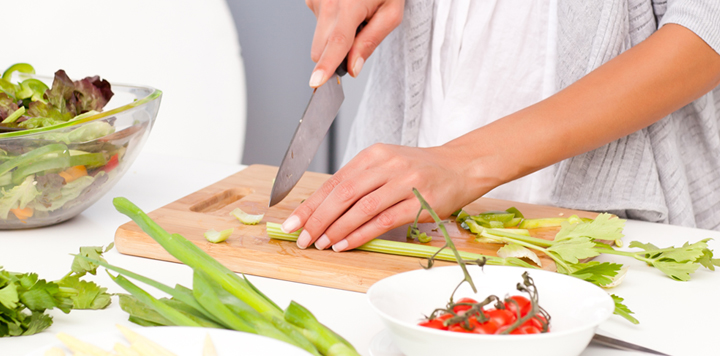For kitchen professionals, maintaining hygiene and ensuring food safety are paramount concerns. Amidst a bustling kitchen environment, it's crucial to ask, when must a knife be cleaned and sanitized? To protect your culinary creations and personal safety, this question is more significant than it might first appear. Understanding the precise moments when a knife requires attention will enhance both efficiency and safety in your culinary space.

Understanding Essential Times for Sanitization
It's critical to know exactly when must a knife be cleaned and sanitized. Primarily, knives should be cleaned and sanitized immediately after cutting raw meat, fish, or poultry. These foods could contain harmful bacteria that might spread to other foods through cross-contamination. As a kitchen professional, you understand the disaster ensuing from a lapse in this basic practice.
Moreover, a significant cleaning is necessary after a knife has been used to cut allergenic food items, such as nuts, to prevent any allergic reactions in the subsequent dishes. Ensuring your knives are properly cleaned after such use is not only wise but necessary for maintaining a trustworthy kitchen environment.
Implementing Effective Cleaning Techniques
While the knife's material might varyfrom carbon steel to stainless or ceramicthe basic practices for cleaning remain constant. After using your knife on raw proteins or allergenic items, immediately rinse it under warm running water to remove food particles. Use a gentle dish soap and a non-abrasive sponge to clean the blade thoroughly.
For comprehensive guidance, check out knife and board cleaning techniques that recommend specific strategies for different types of knives.
Use of Sanitizing Solutions
After cleaning, the knife should be sanitized to ensure all harmful pathogens are eradicated. This can be achieved by using a food-safe sanitizing solution. Such solutions should be applied using a clean paper towel or soft cloth.
In high-volume kitchens, dishwashers with sanitizing settings are often employed. However, professionals should ensure their knives are dishwasher safe if they choose this method. Many expert chefs prefer hand washing to avoid any potential damage or dulling.
Additional Precautions
Always prioritize knife safety as part of your sanitation practice. Ensure your knives are kept dry after cleaning to prevent rust or other damage. Refer to resources on choosing the best knife brands that offer sustainable and long-lasting products, as maintaining top-quality tools lessens the sanitation burden.
Interconnected Practices
Keeping other kitchen elements clean, such as cutting boards and surfaces, also plays a pivotal role in the sanitation of knives. Burlap cutting boards are not only stylish but considered more hygienic and easier to sanitize. For more details on selecting the perfect cutting board, read about types of kitchen knives and their uses.
Likewise, ensuring personal hygiene by washing hands before handling knives and frequently during food preparation is crucial. These interconnected practices enhance overall kitchen sanitation and efficiency.
Better Kitchen Practices
Professional kitchens should also implement strict schedules for blade replacements and sharpness checks. Proper maintenance techniques are discussed in the guide on sharpening Japanese knives with whetstones. Moreover, establishments should uphold stringent protocols for regular audits and staff training in knife sanitation practices.

Conclusion
Knowing when must a knife be cleaned and sanitized can drastically reduce risk and increase the quality and safety of the culinary results produced. It's not merely about adhering to health codes but about nurturing a culture of professionalism and care in your kitchen.
FAQs
What are the top allergens to avoid cross-contaminating with knives?
Nuts, shellfish, dairy, and gluten-containing grains are among the top allergens that require utensils to be thoroughly cleaned to prevent cross-contact.
Do ceramic knives require the same cleaning as steel knives?
While they don't rust, ceramic knives still require careful cleaning to avoid chipping and to maintain hygiene. Adhere to the same cleaning protocols as steel to ensure safety.
How often should kitchen knives be professionally sharpened?
It is advisable to have your knives professionally sharpened every 1-3 months, depending on how frequently they are used.
This article contains affiliate links. We may earn a commission at no extra cost to you.


























